The following is extra conversation from our feature interview with Mateusz Wozniak .
I noticed your Leslie speaker simulator, L'otary, uses a lot of CPU.
L'otary puts a heavy load on the CPU, that's true. We are constantly working on this; it will be better. But you have to keep in mind the complexity of the Leslie sound. Not even considering its tube amplifier, mechanics and transducers, from an acoustic point of view a rotating speaker is an unbelievably complex issue. Recreating the complete Leslie sound is virtually impossible - we did what we were capable of doing in a certain timeframe and what current CPUs are capable to process. This was such a complex project that we had to take optimization into account from the very beginning. Most of the acoustic processes that happen in Leslies have been truthfully recreated in L'otary. Then we started fine-tuning it to make sure that we leave only these aspects of sound, which make sense in a musical context. It's actually very similar to the mastering stage in music production - we were mastering the algorithm. We never wanted to settle for less with this plug-in, or any other plug-in for that matter. We'd rather create a plug-in that can only be used on four tracks, but sounds great than make a plug-in which can be used on 40 tracks, but offers a mediocre sound. There are many difficult choices to be made, and we always look for a solution that doesn't force us to reduce the quality of the sound. Instead, we try to raise the bar of what we can do every time. Filters are one of the most difficult elements, as they require very high precision. Currently our MasterQ2 is working on 80-bit float type, which, if you are familiar with C++, is a long double type, it is the longest word length currently used that CPUs can handle natively.
How does it translate to the actual sound quality? Are we able to differentiate it?
There is a noticeable difference between 32 bits and 64 bits, which are perfectly measurable and audible. 32-bit filter can easily be heard when used with a high Q value on low frequencies. Any frequency analyzer will clearly show this, and anyone with good monitors will be able to hear that, it only needs a bit of practice. On the other hand, most of our EQs or devices where filters play crucial role use upsampling. This in turn causes the low frequency problems move an octave higher, which is the point where we say a definite no to 32-bit filters. In fact, all of our filters work on at least 64 bits.
Is there a limit above which it will no longer make sense to increase these parameters any further?
It's difficult to say. Currently people are saying that MasterQ2 sounds fantastic. And this comes from the people who have been working on the mastering field for many years - they are the people who I trust the most when it comes to critical listening. I cannot state that we still need more bits then in 64 or 80 bit floats. It seems that 64 bits are optimal for most applications. However, I still want to offer the mastering guys something more. I want to provide them with solutions which ensure that working on a digital environment is no longer a problem. We don't create plug-ins which sound cool, but have a digital feeling to them. There is no more of that harshness or digital flavor. The algorithm can be good or bad, but from technical point of view everything is correct - lack of precision is no longer a problem.
I remember talking to the rest of the PSP crew and there were some thoughts about leaning towards hardware industry. Any update on this?
We were thinking about it, but many things happened along the way. Anyway, we were considered a software company from the very beginning. When we went to NAMM for the first time, people were already familiar with our work. It meant a lot to us, as it showed that our plug-ins matter - that people are actually working on it.
You've helped create an iPad app, [WaveMachine Labs] Auria. Can you tell us...
The rest of this article is only available with a Basic or Premium subscription, or by purchasing back issue #112. For an upcoming year's free subscription, and our current issue on PDF...
Or Learn More
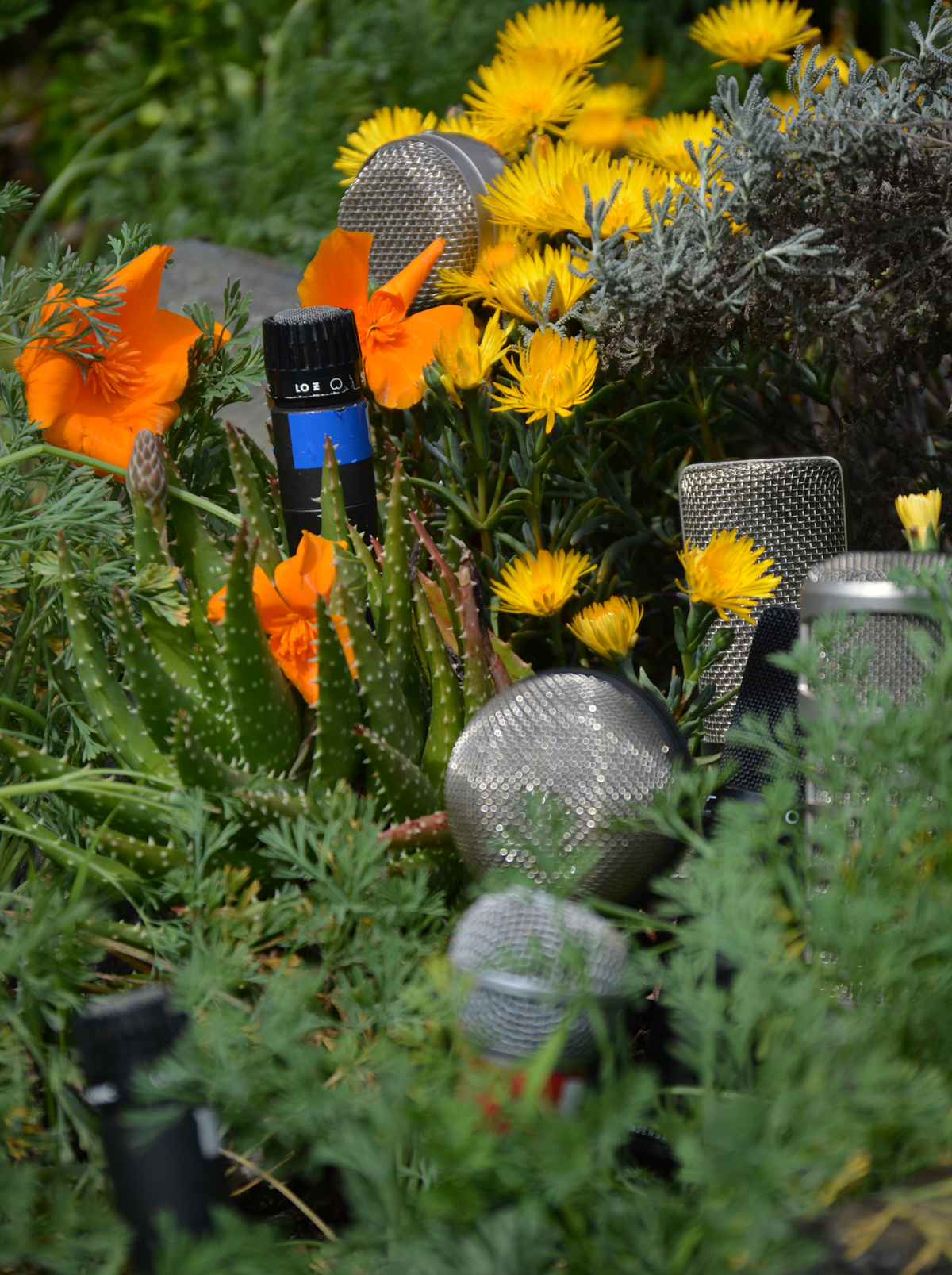

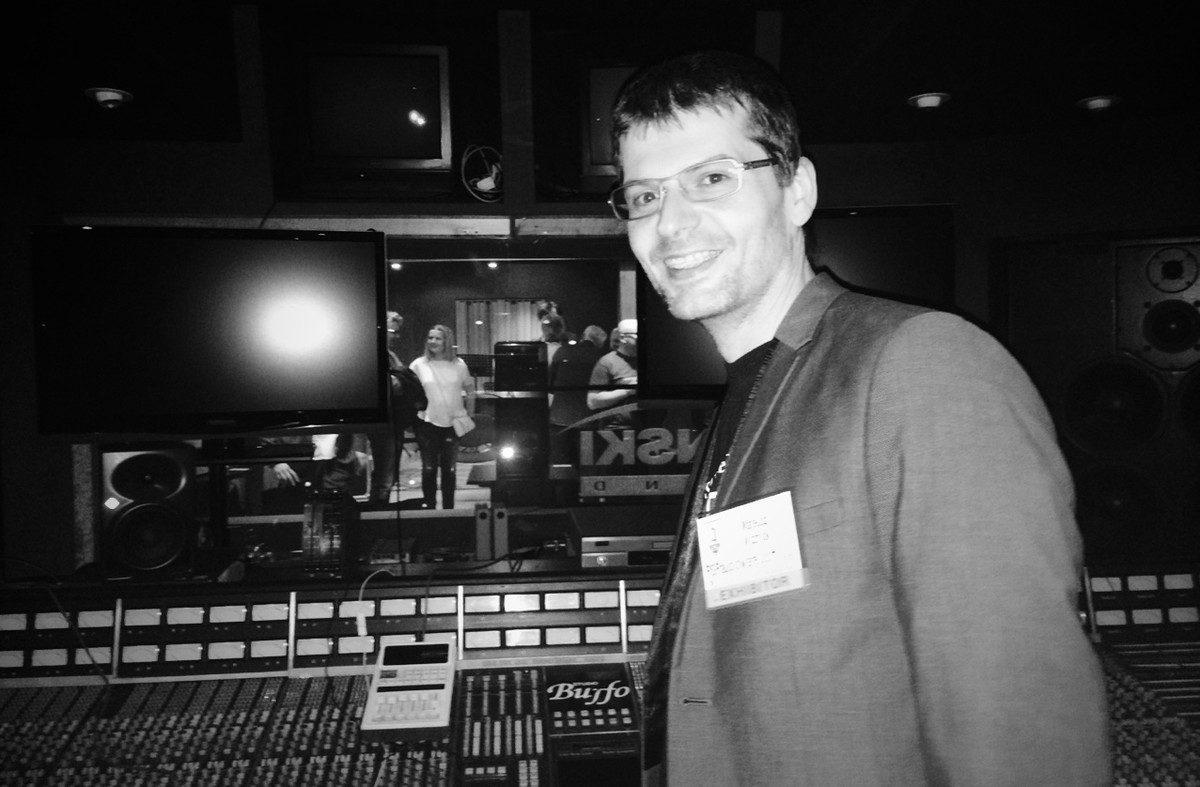
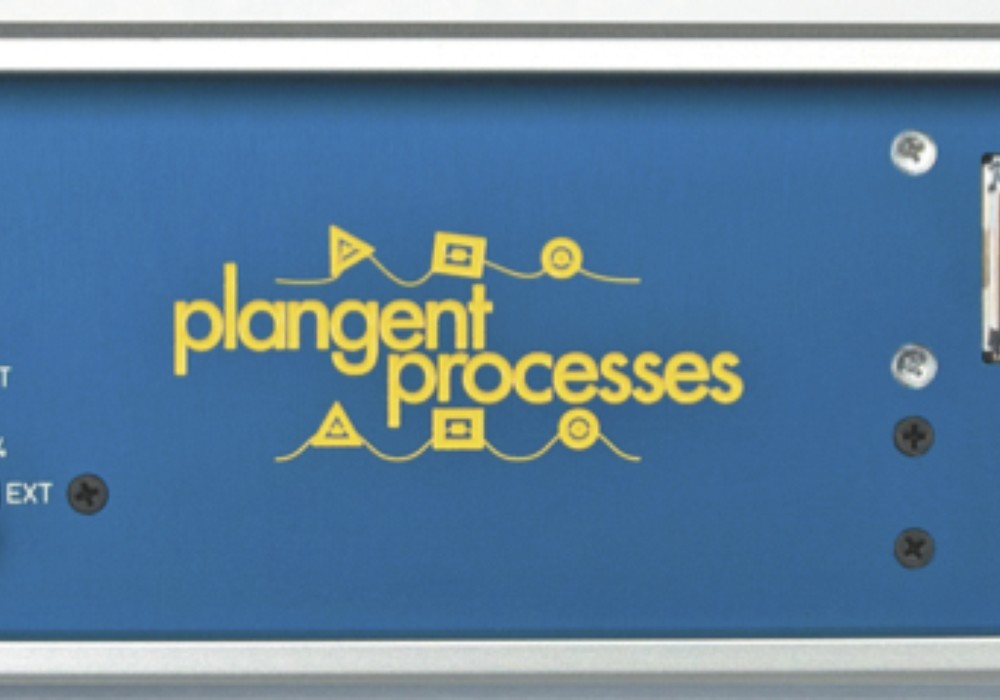
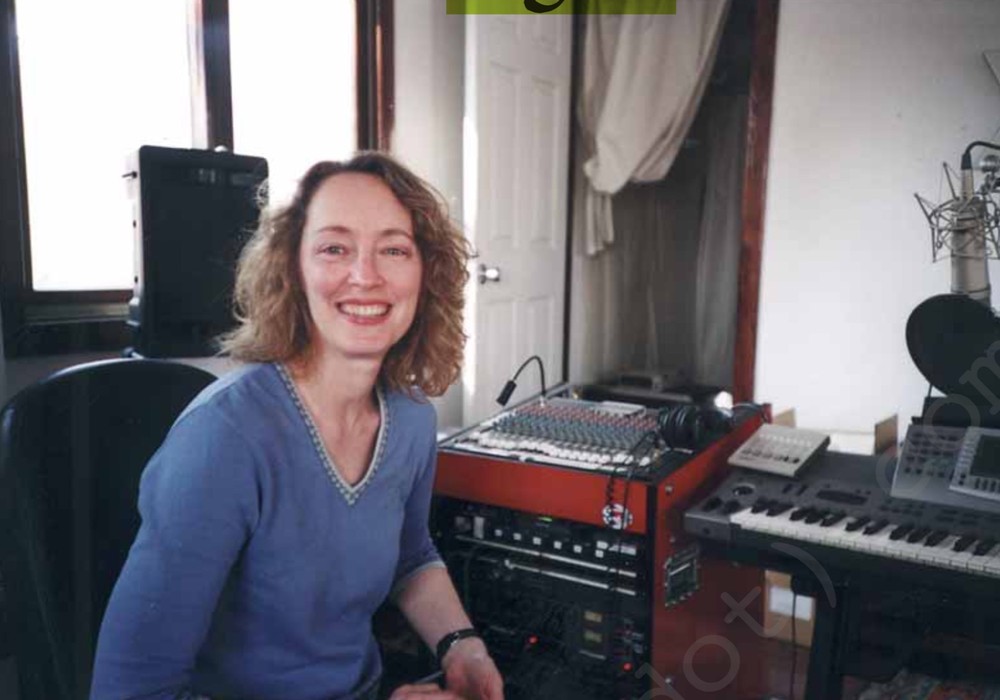
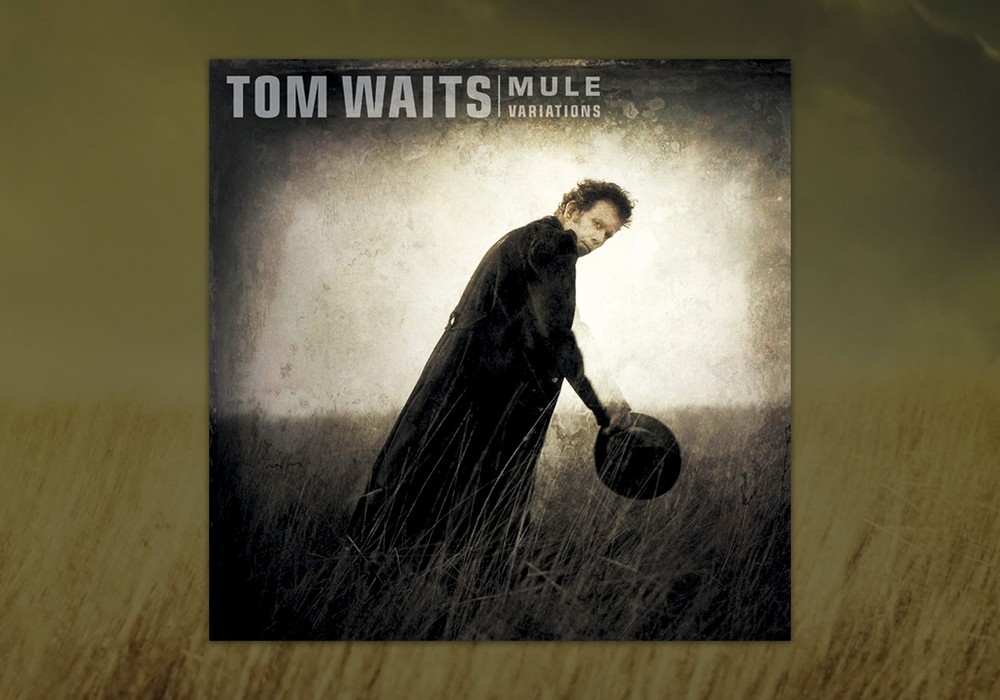
_display_horizontal.jpg)



